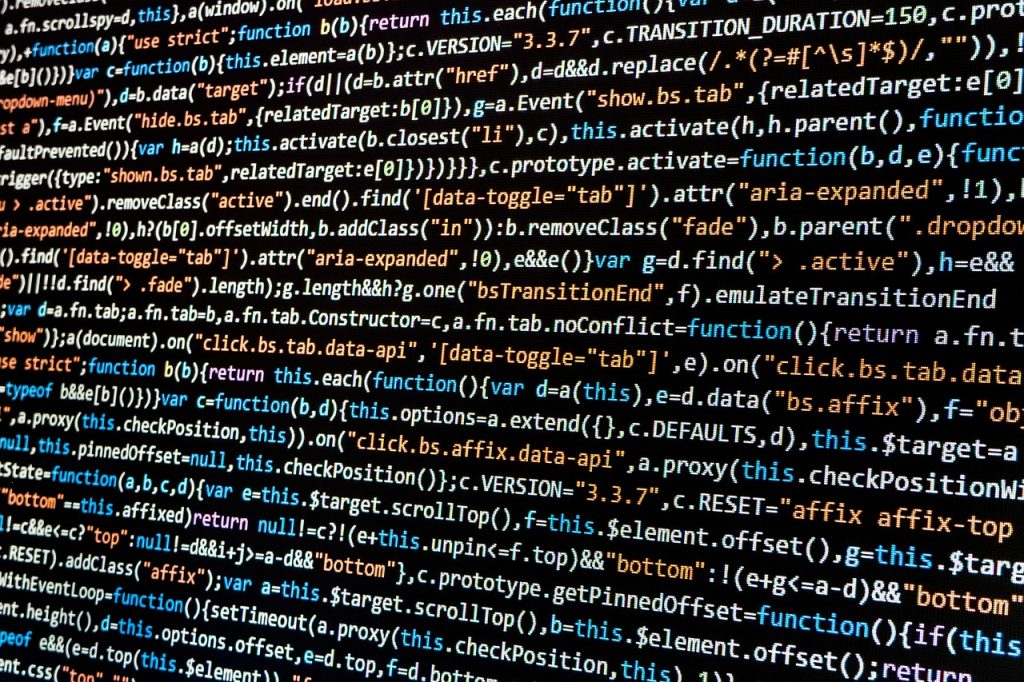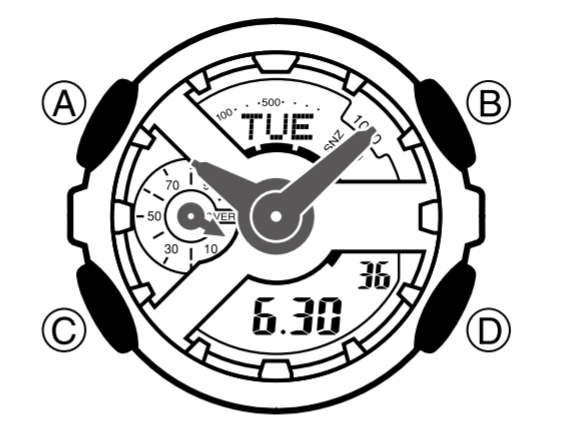North Korean Hackers Targeting US Health Care Organizations
Hackers from North Korea are working to steal confidential information from health care organizations.

Along with the recent fallout regarding China’s “Spy Balloon,” North Korea is also getting some air time for its latest antagonistic antics. This past week, US and South Korean officials warned that hackers working for North Korea had targeted health care organizations not only in the United States but also those of their neighbors to the south. As a result, both countries have taken hits in the form of financial losses, data breaches, and reputational harm.
North Korean hackers are increasingly launching cyberattacks against their American adversaries, posing a major threat to health care organizations and the US government. According to CNN, a US-South Korea advisory reported that “the hackers have used a popular software used in small and medium-sized hospitals in South Korea to spread their malicious code with the aim of locking up computers.”
Hackers affiliated with the North Korean government are notorious for their complex and persistent online attacks. In recent years, they have focused their attention on health care organizations in the United States, taking advantage of weaknesses in their computer systems in order to steal confidential information. It is well known that hackers employ a range of strategies, such as phishing schemes, virus attacks, and ransomware. These attacks have caused major financial losses for the health care organizations that have been attacked.
Indeed, these attacks go beyond financial losses. Health care organizations that suffer a data breach risk legal and reputational damage. Patients may potentially lose trust in the affected facilities and seek medical care elsewhere, resulting in increased financial losses. Furthermore, the theft of sensitive information could be utilized for illegal purposes such as identity theft or financial institution fraud.
Crossroads.com reported last week that the new US-South Korea advisory did not specify which hospitals were allegedly targeted by North Korean hackers. The Justice Department has already said that hackers with ties to Pyongyang attacked a Kansas medical center and another medical provider in Colorado in 2021, encrypting the computer systems that the Kansas center uses to manage important equipment.
In response to increased cyber attacks by North Korean hackers, the US federal government and private organizations alike have been working to strengthen cybersecurity. These steps include stronger cybersecurity awareness campaigns, encryption, and two-factor authentication. However, due to financial constraints, the need for more advanced technology, and the challenge of keeping up with the ever-changing threat landscape, these efforts have been hampered.
Regardless, the health care organizations in the United States need to take preventative measures to safeguard themselves so that future attacks from North Korean hackers can be avoided. This means putting in strong security measures like firewalls, antivirus software, and intrusion detection systems. These systems also need to be updated regularly to make sure they are protected against the latest vulnerabilities. In addition, health care organizations have a responsibility to educate their staff members on how to identify and prevent falling victim to phishing schemes and other forms of online fraud.











